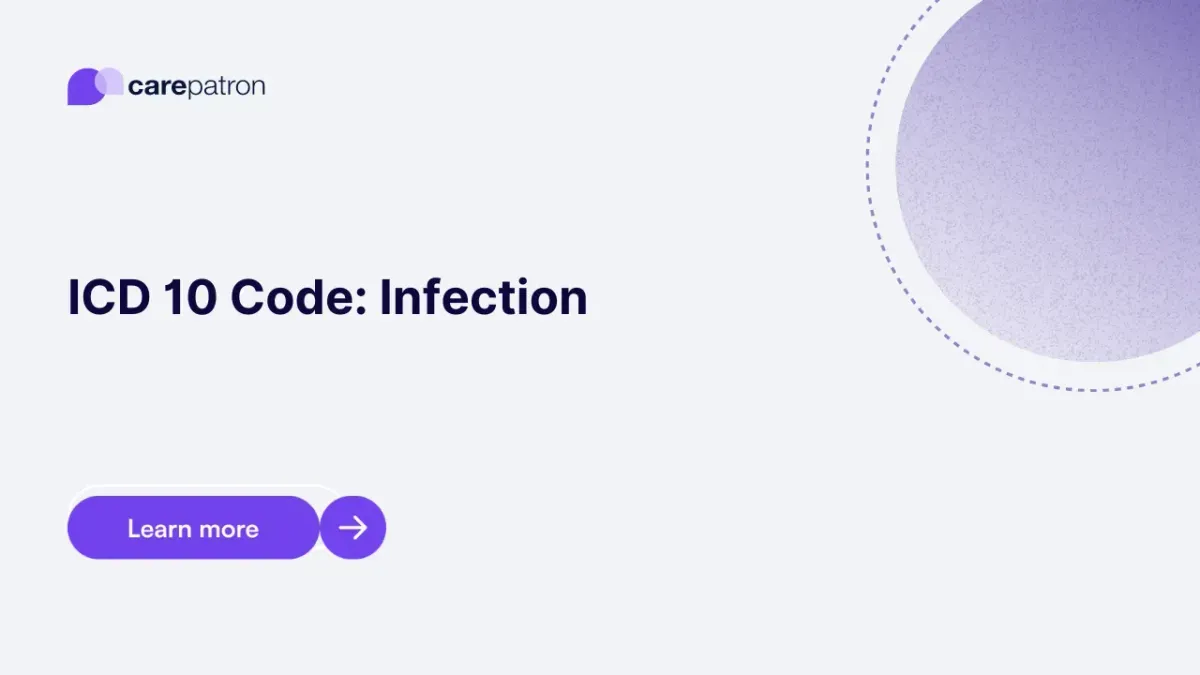
Infection ICD-10-CM Codes | 2023
Discover commonly used ICD-10 codes for infection diagnoses. Understand the clinical descriptions and the importance of accurate coding.
Use Code
EHR and practice management software
Get started for free
*No credit card required
Free
$0/usd
Unlimited clients
Telehealth
1GB of storage
Client portal text
Automated billing and online payments
